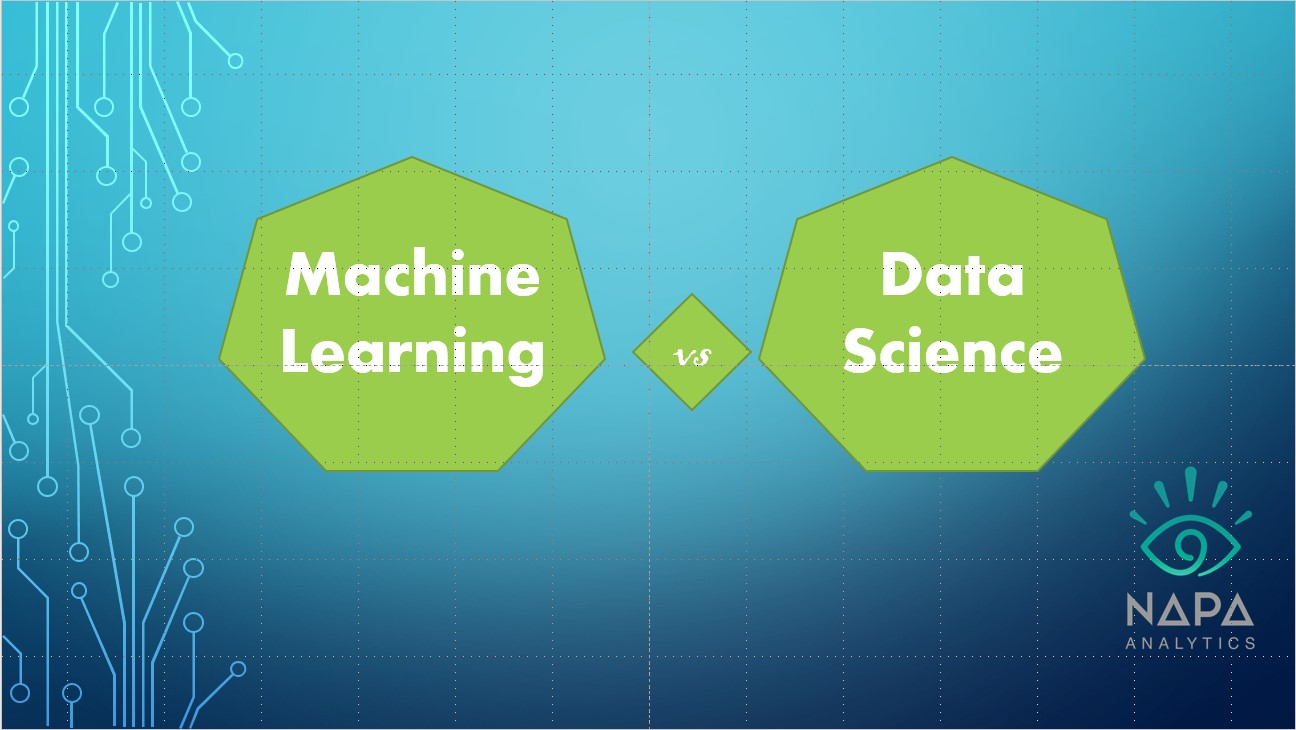
Machine Learning and Data Science are two terms that are used interchangeably. Both seem to indicate a way for machines to learn the output from the given input. However, the terms have different meanings and signify a different phase of the machine learning life cycle.
Why Should You Care?
Two words that help to highlight the difference:
- Prototype
- Production
Until recently, most of the artificial intelligence projects were prototypes (proof of concept). More recently, companies want to realize the benefits that models bring to their business by putting the models in production and using them as part of the business processes. This change in model dynamics from prototype to production is the reason why it is essential to highlight the difference between machine learning and data science.
For this post, I would like to take the example of a boutique firm that makes specialty cakes. The data comprises of sales data, marketing campaigns, order details, and comments text.
What is Data Science?
Data Science is an inter-disciplinary field that uses algorithms to extract knowledge and insights from structured and un-structured data – Prototype
Data Science is like a proof of concept where you have a team that analyzes a data set to provide insights. In our specialty cake example, from the sales, marketing campaigns, order details and comments text data we can conclude that “Clients prefer certain cakes for birthdays in the age range 30 – 52 years and they have a 40% probability for expedited order”. When presented to executive management, this information shows them the areas to focus on to get more income. And how to increase market share through targeted marketing to that age group.
One would argue that being in the specialty cake business, they would already have this information. That is the logical thought. However, the correlations hidden in the data lead to pointers that are not obvious, such as opportunities for incremental revenue. The prototype is important as it shows what machine learning algorithms can do and validates whether machine learning algorithms are the right fit for their business – definition of Data Science.
What is Machine Learning?
Machine learning is the science of getting computers to act without being explicitly programmed. – Production
Machine Learning is a running production system that is serving thousands of users. In our specialty cake example, we can create recommendation and discount models that aid the customers who visit the firm’s website. These machine learning recommendation and discount models could then result in a 40% increase in revenue and a 2-basis point increase in the boutique firm’s net promoter scores. Thus, the benefit of realizing value from machine learning models that came from the validation done by prototype – data science
I strongly feel that Machine Learning terminology is what we need to strive for. However, validation from the Data Science step enables the buy-in from executive management.
Conclusion
Data Science is the analysis that validates the effectiveness of an algorithm to provide insights.
If the insights create business value and have the buy-in from the executive management, then the models are developed and deployed in production defined by the term Machine Learning.
